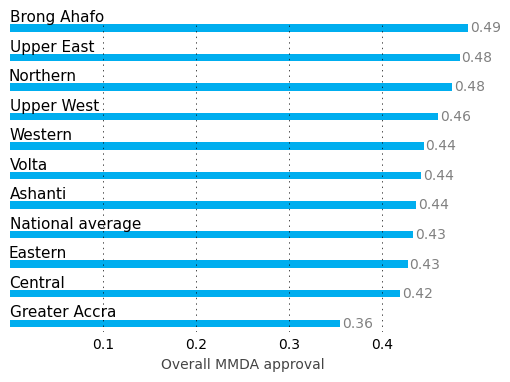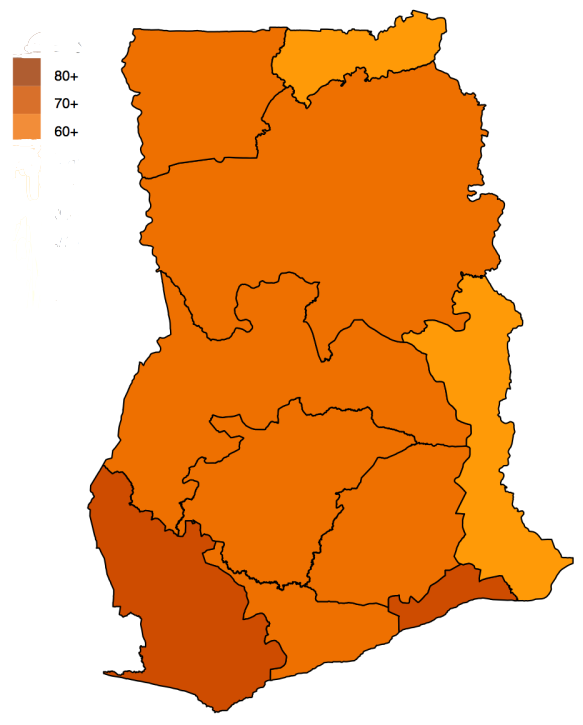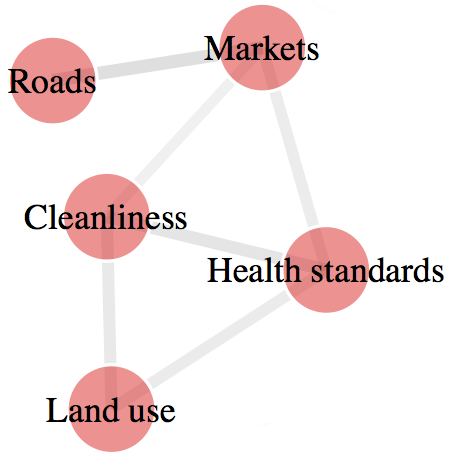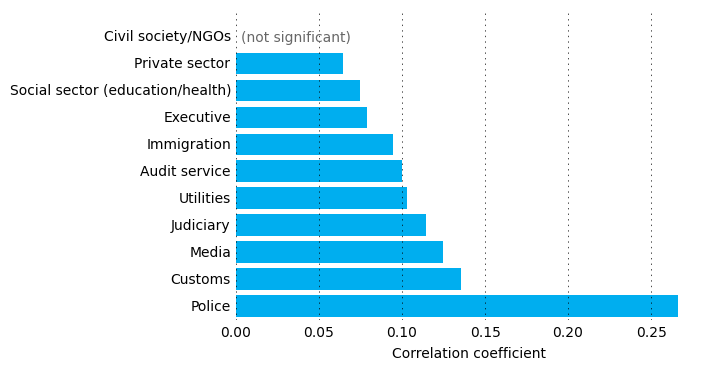Governance and peace poll in Ghana
Pulse Lab Kampala created a powerful and interactive visualisation tool for the UNDP Ghana and its implementing partners. This visualisation provides easy insight into data collected in The Governance and Peace (GaP) Poll survey project. The GaP poll is a nationally representative public opinion tracking survey that seeks to support the management of results relating to issues of governance and peace. The visualisations by Pulse Lab Kampala help end-users to interact and better understand the results of the poll and compare with previously held polls, aiding decision-making based on the survey results.







